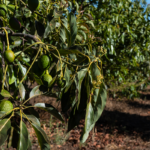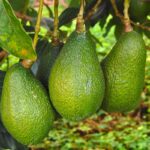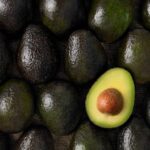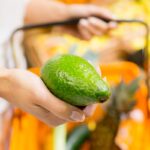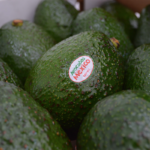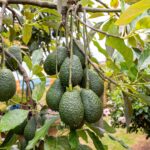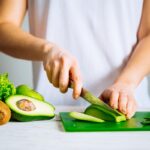Chile evaluates frost damage on avocados, citrus

The Chilean avocado and citrus industries are currently evaluating the effects of a period of freezing temperatures that have been recorded in growing areas over the first half of June. 
Temperatures from the central-northern region of Coquimbo to the southern region of Biobio dropped below zero at the beginning of the month, with more frosts registered this week.
Sources say that for both crops they will need to wait around 10 days before fully understanding the adverse effects of the weather.
The citrus harvests are now fully underway, while avocado picking is expected to get underway in around August.
"The most recent frost that we had caused some damage in the lower areas, which could be in the range of 5-10% damage, which is all in all a limited amount," Chilean Citrus Committee president Juan Enrique Ortúzar said.
"We have to wait between 10 and 12 days to have a clear idea about what has been affected, as we are still gathering the thermographs."
He added: "In general the citrus orchards area in areas that are protected from frosts"
Chilean Hass Avocado Committee general manager Francisco Contardo said in a release by fruit exporters' association ASOEX that the frosts were "worrying" as avocados have little resistance to cold weather.
"However, it is still not clear as to if there has been damage or not, and to know we will have to wait a couple of weeks," he said.
Subsole technical manager Andrés Link said on Tuesday that avocado damage incurred by the frosts this week would only begin to show up around seven to 10 days later.
He said that the measurements of the thermographs would be taken on Friday (June 15) once the period of low temperatures had finished, but he added that so far there have been industry-wide reports of damage.
Meanwhile, Juan Pablo Cerda of avocado company Cabilfrut said on Tuesday that the company had not experienced any major problems so far, but again time was needed for a full evaluation.
Andrés O'Ryan, citrus and avocado manager of La Rosa Sofruco, explained the lowest temperature recorded on his farms was -1.7ºC, and the company had not activated the frost protection systems as there are generally used when the temperature dips below -2.5ºC.
















